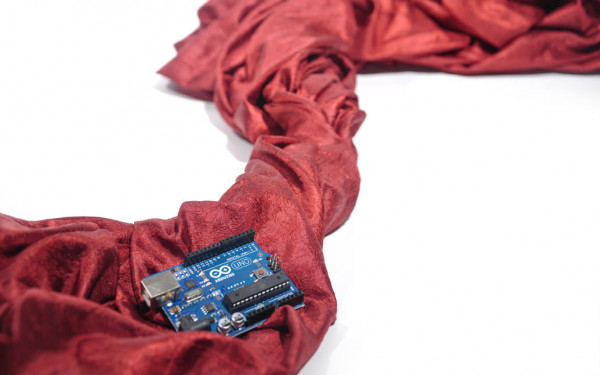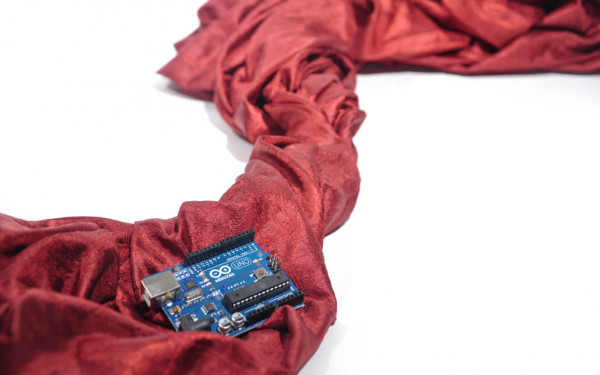Special Issue
-
 Special Issue
Special IssueIt’s All Your Fault: Cinema Politica
“Every time you orgasm, a dolphin dies,” said James Cameron about his new film, Humanoid: AIDS of the Earth at its world premiere screening in the Hall building in collaboration with Cinema Politica.
-
 Special Issue
Special IssueSex & Pancakes
I recently adopted a pair of turtles, Jack and Jill, in hopes of having baby turtles by spring. But I’ve noticed that they won’t mate
-
 Special Issue
Special IssueCharge of Bias from Losing Candidate
While reflecting on how he lost the Concordia Student Union election to a group of misfits and rascals, a sober Kenny Hollad endured Reggies’ new standing-only section.
-
 Special Issue
Special IssueCultural Calendar
This year on March 8, The Link joins community groups across the city, country and world to celebrate the 100th anniversary of International Women’s Day.
-
 Special Issue
Special IssueQueen Meaning
Feminism, fundraising and drag came together March 3 for ¡Ecuador Por Favor!, an event at Cabaret Mado to raise money for the advancement of human rights—specifically those of women.
-
 Special Issue
Special IssueManly Feminism
It’s hard to grow up as a gangly, awkward, anti-social nerd with a last name like Manley and not develop a very acute consciousness of gender roles in North American culture.
-
 Special Issue
Special Issue“A Woman’s Mind Isn’t Made for Programming”
A few weeks ago, I was taking a cab to the airport. Like me, the driver was a programmer, so we started talking about our favourite languages and sharing some of our own projects.
-
 Special Issue
Special IssueImagining the Veil
“The veil is on the wrong side in the ideology of modernity. It stands for backward tradition as opposed to progress, misogyny as opposed to female emancipation, totalitarianism as opposed to democracy, superstition as opposed to science, and so on.”
-
 Special Issue
Special IssuePrinted Minority
When it comes to media and pop culture, girls are experts. As the target of most media messages, young women are uniquely positioned to understand and criticize the popular culture they are so much a part of.
-
 Special Issue
Special IssueTaking Up Space
Every year, March 8 is supposed to break open a day for women. For 24 hours, the word “women” carries more weight, women’s voices sound a little louder and their presence isn’t only felt—it’s demanded.



_600_832_s.png)
